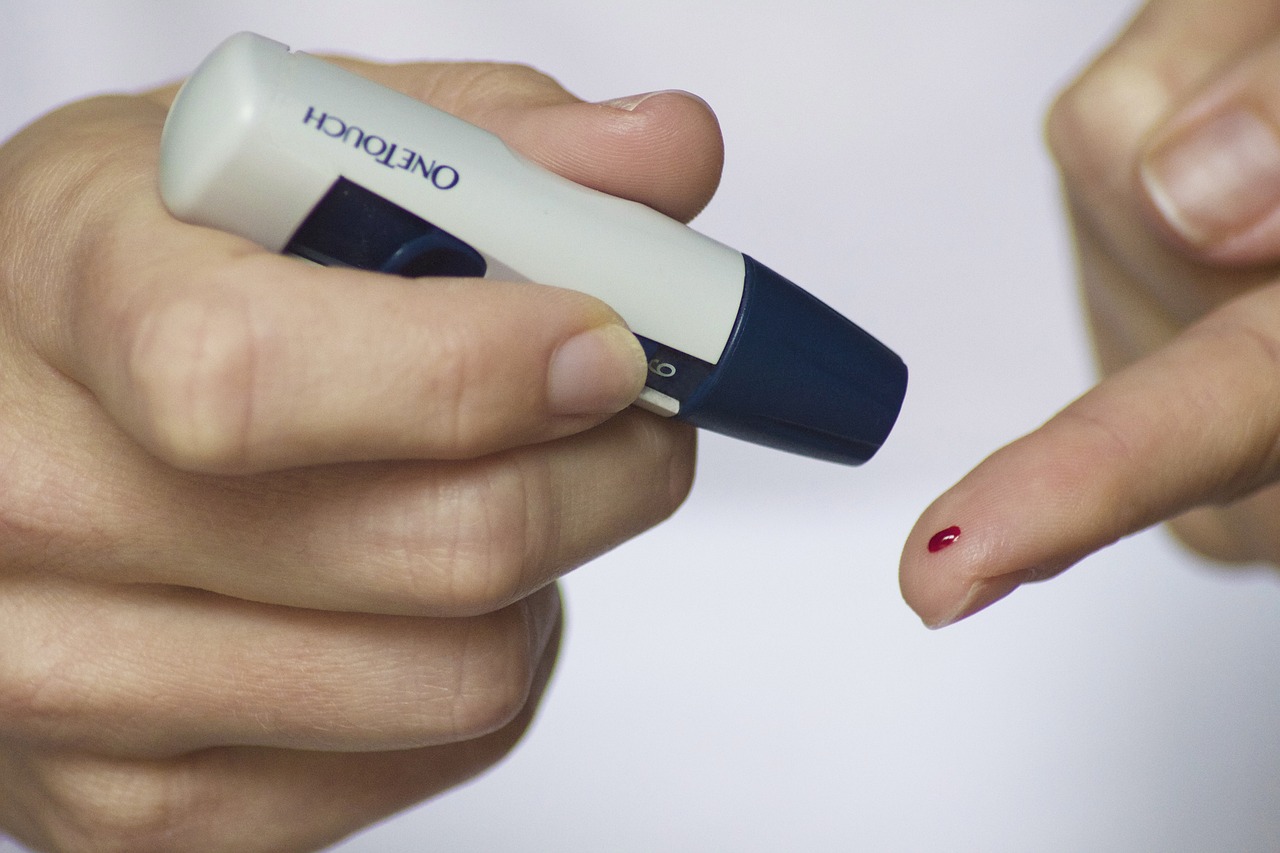Heart disease is when a person’s heart blood vessels become narrow or blocked. When blood vessels become narrow or blocked, it can lead to a heart attack or stroke. Symptoms of a heart attack may include heaviness or pain in the chest, arm or below the breastbone, discomfort in the jaw or arm, sweating or dizziness.
Tests for heart disease are a heart diagnosis from a doctor, an EKG, chest X-ray, CT Heart Scan, Stress Test or a Heart MRI. Blood tests are also given to diagnose heart disease. Checking for cholesterol levels is used to test for heart disease. Examples of these tests are Low-density lipoprotein (LDL) cholesterol and High-sensitivity C-reactive protein.
Heart disease is when a person’s heart blood vessels become narrow or blocked. Talk with your doctor to see if you need to be tested for heart disease.









